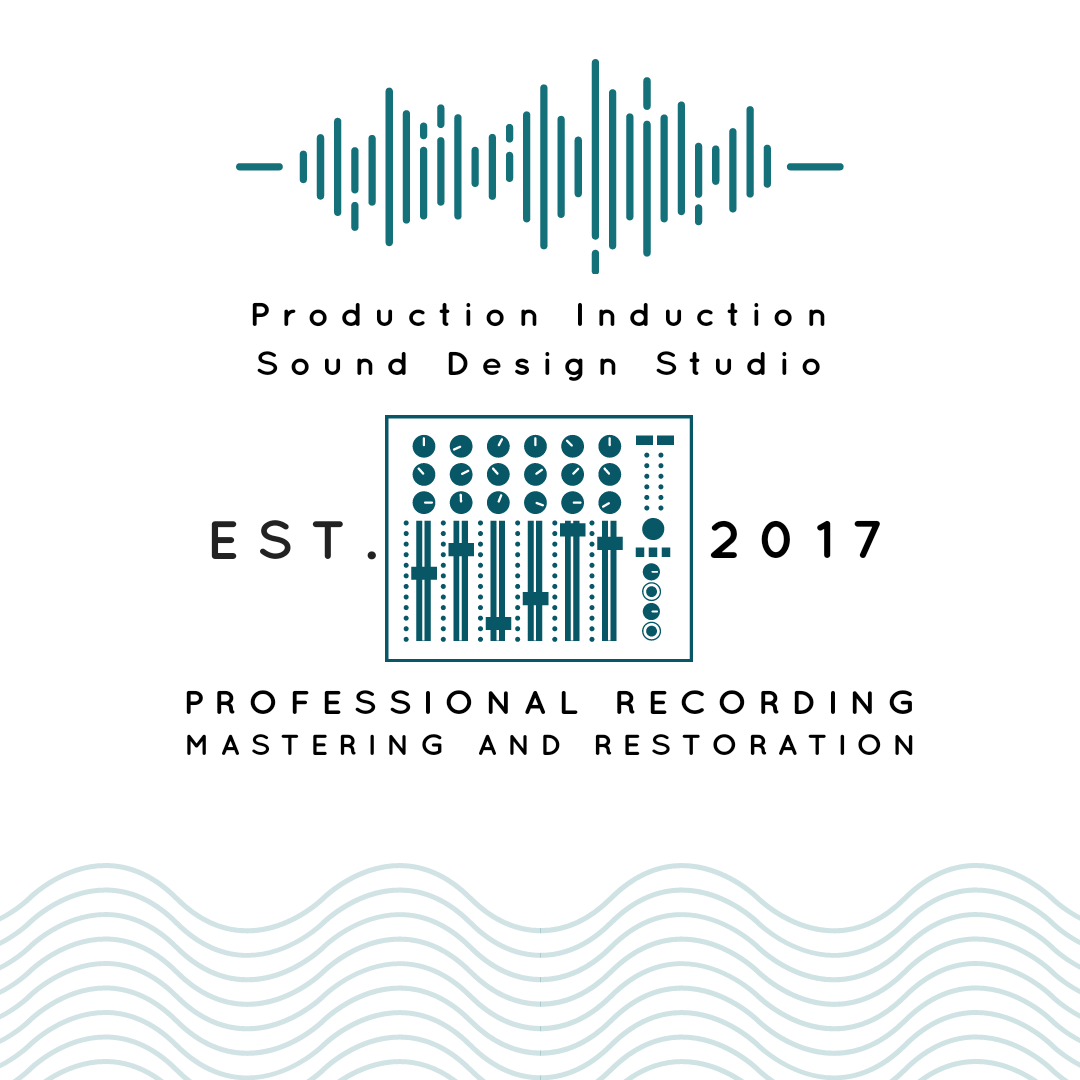Audio Networks: Bringing Music Back In A Profitable Way
Streaming services and audio networks have allowed labels, media companies, and creators to profit. SoundCloud is a great example of a very different distributor that came about that helped businesses and record labels. It also uniquely gave creators the chance to share their music, opting in to pay for storage and further distribution as the artist’s library grew. As an alternative, many content creators on SoundCloud would write over their catalog again, deleting old songs, and uploading new ones to avoid paying for distribution. Many others paid the company for distribution. The audiences on SoundCloud can comment on songs, repost songs, and its audience based music distribution, similar to word of mouth promotion, yet instead on the internet. And oh you can imagine how the Internet Advertising Bureau loved this. Reducing both piracy and generating profits, SoundCloud decided to make the creators pay to solely upload their content, no promotions or marketing included. Much like a radio station, SoundCloud is a distributor, not a label promoter, so SoundCloud allows creators to distribute music to anyone anywhere, online, and sometimes for a fee. SoundCloud prompts businesses to purchase digital advertising as well. Genius business model on behalf of SoundCloud’s founders, if you ask me. All the analytics for businesses seeking customer insights and promotions, with the audience not paying a dime unless they want to through a subscription, and any and all creators paying for distribution or replacing their profiles over time, mostly keeping audiences anticipating through constant content creation. I honestly couldn’t think of a better way to make money in the music business, considering how everyone has to pass through a distributor. SoundCloud is a great product for business, because it generates all demographics returning to playlists and is great information for actual label promoters. I can imagine that label promoters and artists probably go to music distribution companies like SoundCloud for consumer insights, and of course charting statistics, which is the basis of what music directors at Top “Whatever” music stations in the U.S. and around the world look for when building a music clock. Musicians and artists communicate directly, prompting a social connection. Fans communicate directly and build playlists to share, much like what many distributors are copying. Reposting is popular and of course liking is another way to get to listen to what whoever you follow has been re-distributing. SoundCloud has inspired other music enthusiasts, producers, record label promoters, music-chart statisticians because it offers anyone any music that is specifically uploaded, anytime, anywhere. It is also Inspires them to develop their own online distribution network of audio, much like podcast networks occurred after RSS feeds became relatively more discovered by different audiences across the world. The world of audio is pretty amazing when it comes to actually distributing it to wide audiences, and SoundCloud is a perfect example of that. Amazing microgenres on audio networks such as SoundCloud inspire people to follow artists and share their work. Music I heard on SoundCloud inspired me to get into remix culture. I started making stuff using an application, and then purchased equipment that could sequence similar music ideation. It took me a long time to make anything good honestly. Even on my SoundCloud now, there’s so much weird stuff I made that I look back on and just laugh at. I just think “I had to start somewhere, right? What’s the harm in keeping it up here, even though I cursed a lot and the beat sounds horrific?” All jokes aside, streaming services changed the music industry in favor of the distributors and promoters, creators, and fans, simultaneously in a fair way for every party involved.
